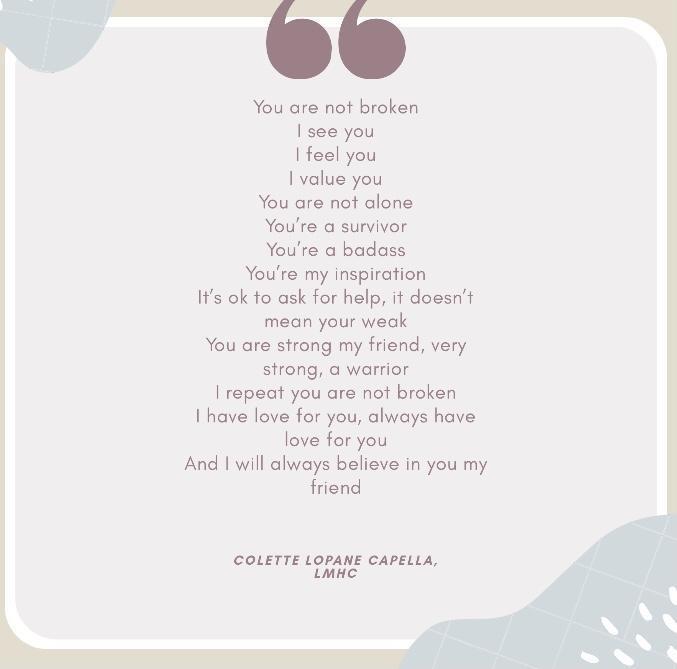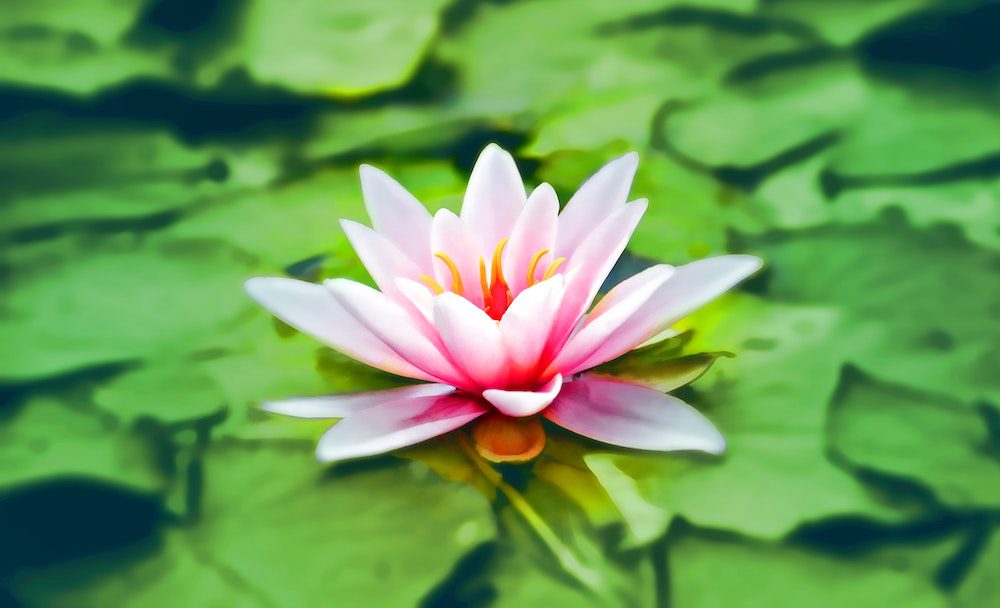The world has never seemed to be a smaller place. In these days of uncertainty when the ongoing coronavirus (COVID-19) pandemic affects an increasing number of people worldwide, each of us is at risk. People are confused, concerned, and terrified.
No one is protected against COVID-19. From celebrities, athletes, politicians, to those close to our home and our hearts, our families, neighbors, friends and colleagues, no one is immune to coronavirus regardless of their age, race, gender, or socioeconomic status. Schools and borders are getting closed, flights canceled, people isolated.
The outbreak of coronavirus (COVID-19) has affected almost all parts of the world and our society. The most affected countries and cities have undergone severe lifestyle changes with the people’s basic civil rights put on hold while the outbreak lasts.
The worst thing about this whole situation seems to be uncertainty that surrounds coronavirus pandemic. However, in situations of crisis like this one, it is natural to feel concerned, stressed, and afraid. It is normal to experience anxiety. In fact, whatever you are feeling right now, it’s a normal response to a crisis.
The Role of Anxiety
In situations of emergency and crisis, anxiety occurs as a natural response to stress and threat. When we feel exposed, the amygdala in our brain activates “flight or fight” response. The main purpose of this cognitive-physiological-emotional response is to protect us and help us adapt. So, being a little bit more concerned is useful because it keeps you cautious. It motivates you to be responsible and to take measures to protect yourself and the people around you.
Nevertheless, excessive worry and fear can destabilize you and weaken constructive responses to stress, impair quality of life, and damage your health.
People who already struggle with some form of generalized anxiety disorder (GAD) are particularly at risk of experiencing coronavirus stress and anxiety.
What Is Coronavirus and Why Is It So Scary?
Coronaviruses are not new to mankind. This is a large family of viruses that cause a variety of illnesses (from ordinary cold to Severe Acute Respiratory Syndrome). However, coronavirus disease (COVID-19) is a new type that was discovered in late 2019 and has not been identified in humans ever before.
Common Signs of COVID-19
Common signs of coronavirus infection include:
- Fever
- Cough
- Shortness of breath
- Respiratory symptoms
In more severe cases, the infection can cause:
- Difficulty breathing
- Pneumonia
- Severe Acute Respiratory Syndrome (SARS)
- Kidney failure
- Death
If you develop any of these signs, seek medical attention.
How to Prevent Infection?
To prevent infection spread, it is recommended that you regularly wash your hands with warm water and soap, use hand sanitizers, cover your mouth and nose when coughing and sneezing, limit social contacts, and particularly close contact with anyone showing signs of respiratory infections (sneezing and coughing).
How to Cope with Coronavirus Stress and Anxiety
Here are some useful strategies to help you cope with stress and anxiety triggered by the coronavirus outbreak.
1. Set the Information Boundaries
How many hours daily do you spend listening, reading, or watching the news related to the coronavirus outbreak? While it is important to keep informed, many of us are becoming overwhelmed by the news on TV, in newspapers, and on social media. Ask yourself do you really need all the information presented? Limit your media exposure and select the time of the day when you are going to put your phone away, turn off the computer and TV. Get yourself familiar with the trusted sources of information that you can turn to in your community.
We like to be in control of our lives. Planning your day-to-day life in these times of uncertainty will provide a sense of control and therefore alleviate stress and anxiety. Make arrangements at work, such as an option to work from home, keep social distance as much as possible, and have a back-up for school closings.
2. Practice Relaxation and Mindfulness Meditation
The benefits of relaxation and meditation are myriad. There are many techniques such as deep breathing, yoga, or meditation that can help you relax. Some day-to-day habits can also make you feel calm and happy, such as reading a good book, nature walks, or talking with friends or family; these small everyday rituals may be very helpful.
Both science and practice have proven many benefits of meditation in dealing with stress and anxiety. Mindful meditation can help you ease anxiety symptoms by helping you to stay focused, become aware of your thoughts and feelings, and overcome negative thoughts. Also, mindfulness exercise can boost your self-esteem, increase optimism, and improve resilience.
Studies show that mindfulness exercise can reduce the activity in the amygdala. This is a cluster of neurons in the limbic system of the brain that plays a key role in processing emotions. In other words, the amygdala is a starting point for your anxiety reaction. Reducing the amygdala’s activity, mindfulness practice reduces your background level of stress and anxiety.
So, instead of avoiding experiencing anxiety, focus on your anxious thoughts and feelings and observe them for some time. Then, acknowledge that these are nothing more than thoughts and feelings, and simply let them go.
3. Keep Self-Care a Priority
During times of crisis and uncertainty, healthy lifestyles and self-care should become your priority.
It is no secret that well-rested individuals have a stronger immune system and are better equipped for defeating viruses. Also, research shows a Mediterranean-style diet rich in fish, fruits, vegetables, and whole grains can help ease symptoms of anxiety.
Finally, studies show that exercise can protect you against symptoms of stress and anxiety and help promote feelings of happiness and wellbeing.
4. Spend Time in Nature
In some parts of our country such as New Rochelle, New York as well as many European countries, the state of emergency is declared and citizens are strongly advised or ordered to stay indoors. People are cut off from their lives, friends, and extended families. They spend time in their backyards, terraces, and balconies. If you can, spend time outdoors. Connecting with nature helps us relax and lessens symptoms of anxiety and depression. Whether it’s taking your kids to the park or doing some gardening in your backyard, spending time in nature is a great way to be active, stay away from viruses, and reduce feelings of anxiety.
5. Seek Mental Health Counseling
Online counseling is a great option for those who cannot leave their homes due to coronavirus outbreak. Seek counseling if you feel that your coping mechanism is not strong enough to manage coronavirus anxiety on your own.
We are all in this together. Help and support are available.
https://nyprojecthope.org/?utm_medium=G1Search&utm_source=Google&utm_campaign=OMHProjectHOPERSPGrant


